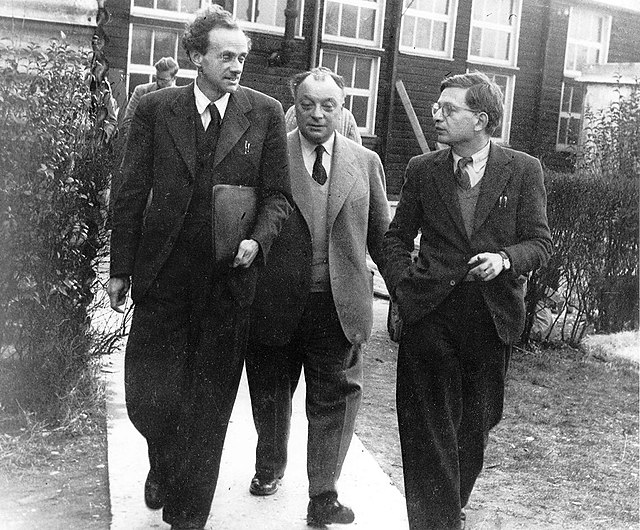Infinite photos and videos for every Wiki article ·
Find something interesting to watch in seconds
Kings of France
Celebrities
Animals
Great Artists
Orders and Medals
Richest US Counties
Wonders of Nature
Supercars
History by Country
Recovered Treasures
Great Cities
Largest Empires
Presidents
Wars and Battles
Crown Jewels
Ancient Marvels
Rare Coins
World Banknotes
Great Museums
Tallest Buildings
Best Campuses
Largest Palaces
British Monarchs
Countries of the World
Sports
Famous Castles
more top lists




